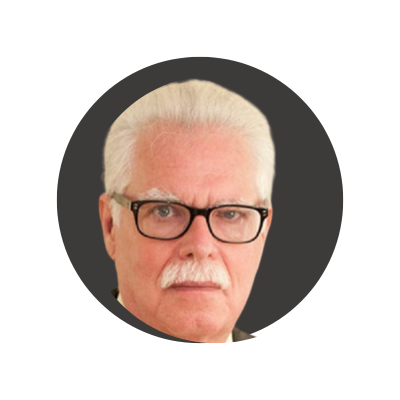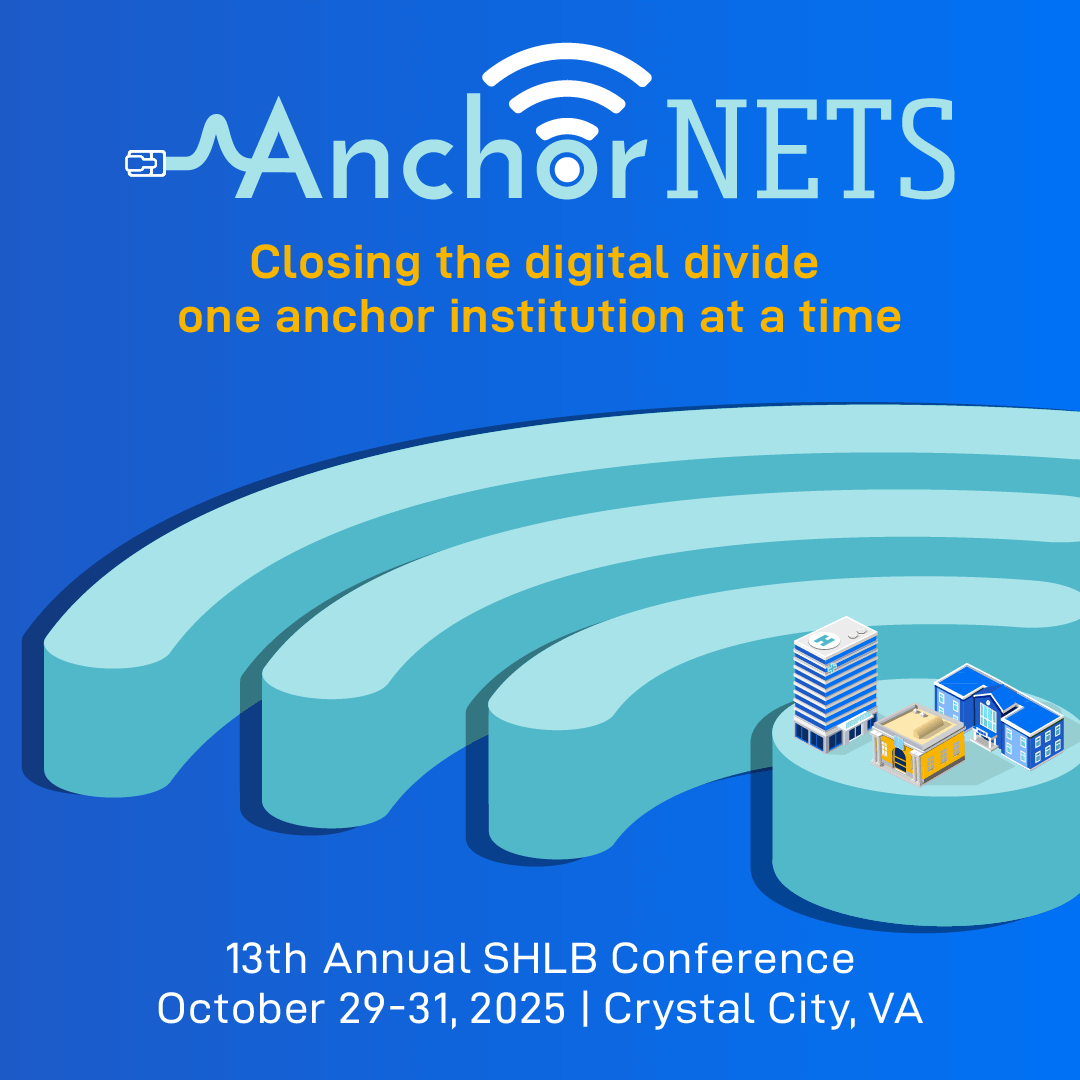Andrew Jay Schwartzman

Andrew Jay Schwartzman is Senior Counselor to the Benton Institute for Broadband & Society. From 2014 through 2019, he was on the faculty of the Communications and Technology Clinic at the Georgetown University Law Center. Schwartzman was the President and CEO of Media Access Project (MAP), directing the organization from 1978 to 2012. From 1971-1974, he was Staff Counsel to the Office of Communication of the United Church of Christ. Schwartzman received the University of Pennsylvania Carey Law School Alumni Association’s 2021 James Wilson Award, given for a “lifetime of public service.”
At the Benton Institute, Schwartzman works on telecommunications and broadband deployment issues. This is a continuation of his work at Georgetown, which consisted of supervising graduate fellows and law students in policymaking and litigation matters at the Federal Communications Commission (FCC) and the Federal Trade Commission and in the federal courts. That work involved matters such as Internet policies, ownership rules, mergers, privacy, disability access, universal service, telephone rates and other issues.
In 1971, after graduating from the University of Pennsylvania School of Law (now University of Pennsylvania Carey Law School), Schwartzman became one of the first public interest lawyers specializing in media and communications. As staff counsel to the Office of Communication of the United Church of Christ, helped obtain and then enforce rules prohibiting broadcasters from discrimination by race and gender discrimination in employment and programming.
After several years working on petroleum allocation and price control regulation at the Federal Energy Administration and U.S. Department of Energy, Schwartzman was recruited to become Executive Director of MAP, a pioneering non-profit public interest telecommunications law firm. Its clients included civil rights, civil liberties, consumer, environmental, labor, religious and other non-profit organizations which lacked resources and expertise to advocate on behalf of the public in promoting the First Amendment rights to speak and to hear by insuring vigorous debate in a free marketplace of ideas. In later years, MAP also led efforts to insure that broad and affordable public access is provided during the deployment of advanced telecommunications networks and the Internet.
Schwartzman appeared on behalf of MAP before the FCC and the courts on issues such as network neutrality, media consolidation, cable TV regulation, minority and female ownership and employment in the mass media, “equal time,” spectrum policy, creation of the low power FM community radio service and cable TV “open access.” He testified some two dozen times before Congress on media and telecommunications issues. In recognition of his service as chief counsel in the public interest community’s challenge to the FCC’s June 2003 media ownership deregulation decision, The Scientific American honored Mr. Schwartzman as one of the nation’s 50 leaders in technology for 2004.
Schwartzman has been a faculty member of the Johns Hopkins University School of Arts and Sciences, where he has taught in its Communication in Contemporary Society Program. Since 2020, he has annually taught in the intersession program at Southwestern Law School. He was also the Distinguished Lecturer in Residence at the Institute’s Summer 2004 program at Fitzwilliam College, Cambridge University. Mr. Schwartzman was a member of the Federal Communications Commission’s Advisory Committee on Diversity for Communications in the Digital Age. His board memberships include the Advisory Board of the Columbia University Institute for Tele-Information, and the Board of Directors of the Multicultural Media, Telecom and Internet Council. He was cofounder and President of the Board of the Safe Energy Communications Counsel from 1991 through 2003.
Schwartzman was the Law and Regulation Contributor to Les Brown's Encyclopedia of Television, and is the author of the telecommunications chapter in the Encyclopedia of the Consumer Movement. His work has been published in major legal and general journals, including Variety, Electronic Media, The Washington Post, COMM/ENT Law Journal and The ABA Journal. He has been a frequent guest on television and radio programs such as The Today Show, Nightline, CNN's Reliable Sources, network evening newscasts, and All Things Considered.
Schwartzman is the 1994 recipient of the United Church of Christ Office of Communication's Everett C. Parker Award and the 2004 recipient of the Media Matters Life Achievement Award. He was named to the Multicultural Media, Telecom and Internet Council’s Hall of Fame in 2002.
Schwartzman’s wife, Linda Lazarus, is an attorney/mediator who also teaches meditation.

